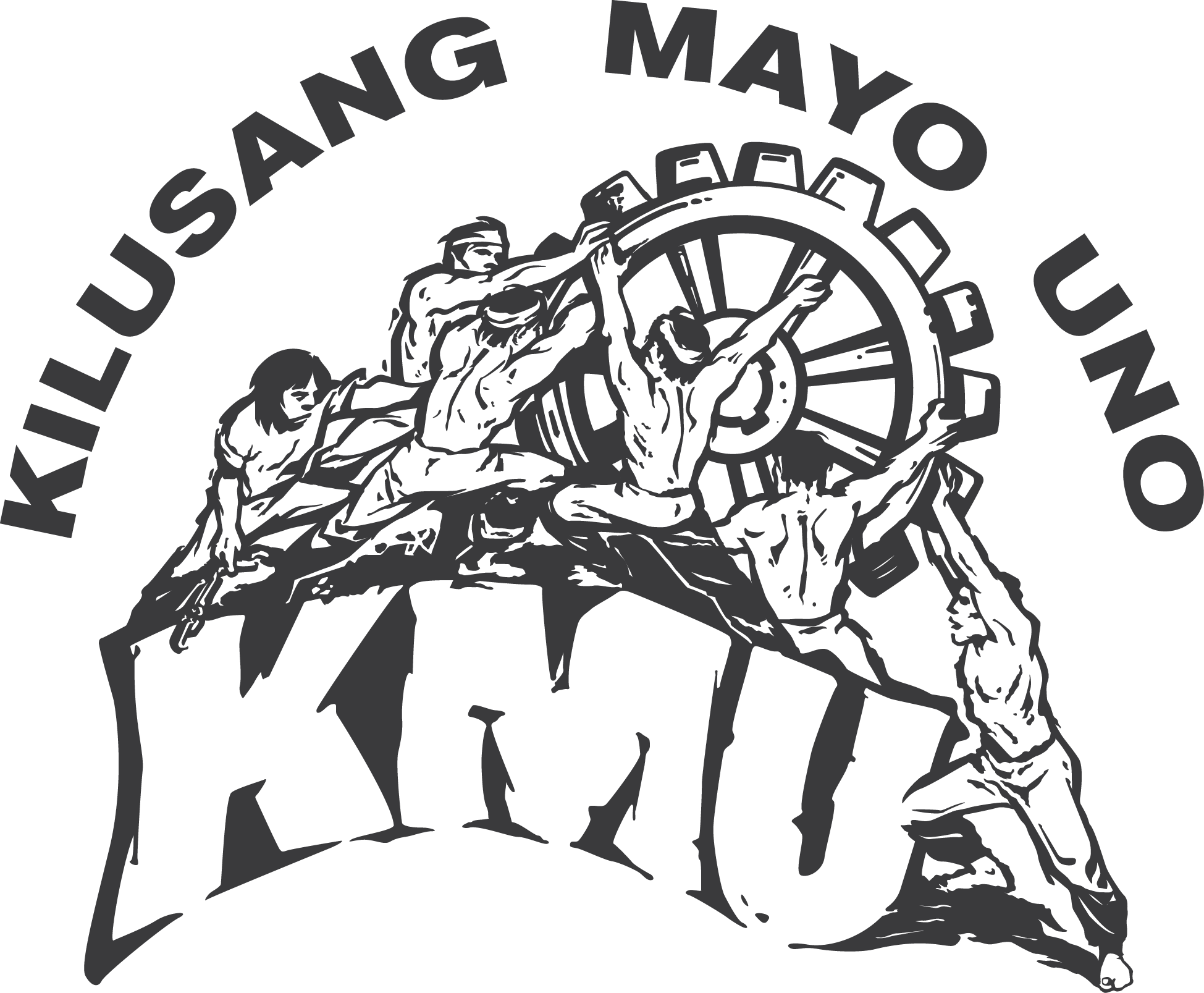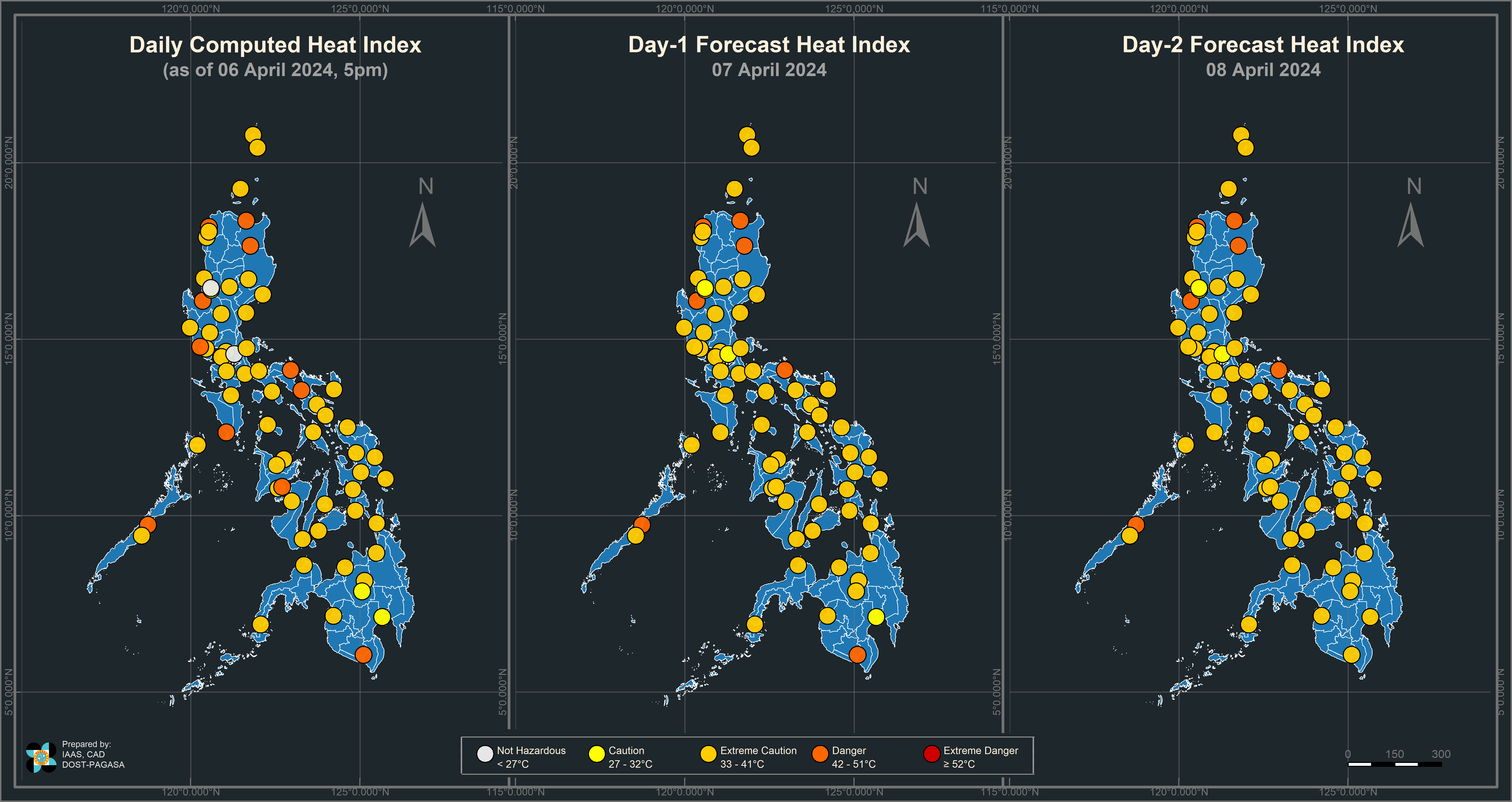National labor center Kilusang Mayo Uno (KMU) reiterated that the government and employers are equally responsible for workers’ health and safety at work, and the proper implementation of occupational health and safety standards (OSH).
KMU said that such responsibility proves to be more urgent amid the extreme heat experienced in workplaces and in workers’ commute. PAG-ASA reported on Friday that particular areas in the country may reach the “dangerous” heat index as temperature at different areas is expected to rise to 43ºC. Due to this, workers are at risk of heat-related illnesses and even death in the course of their daily work.
“Sobrang init ng panahon, dulot ng pagbabago sa klima o climate change na mainly accountable ang malalaking korporasyon na sumisira sa kalikasan para sa kanilang tubo. Dagdag rito, responsibilidad ng gobyerno at mga employer na tiyakin na ang mga manggagawa ay ligtas habang nagtatrabaho,” said KMU secretary general Jerome Adonis.
KMU said that extreme heat negatively impacts workers inside formal work arrangements, such as those situated in factories and offices. KMU also highlighted that outdoor workers such as those working in agriculture, docks and construction, and delivery riders and other platform workers are at a higher risk of heat stress, and possibly heat strokes.
In 2023, the Department of Labor and Employment issued Labor Advisory 08, series of 2023, posing guidelines for enterprises in dealing with extreme heat situations. Among them are rest breaks, temperature-appropriate uniforms, and the provision of free drinking water and a directive to workers to drink 2-3 liters daily. However, KMU said that the LA 08-23 falls short in many aspects, one of which is its coverage which does not include the protection of outdoor workers.
“Hindi rin nito sinasaklaw ang mga informal sector workers gaya ng mga manininda, jeepney driver at iba pa. Dapat gobyerno ang sumasalo sa responsibilidad sa kaligtasan ng mga manggagawa na walang malinaw na employer-employee relationship.”
The labor group also slammed the statement of the Employers Confederation of the Philippines (ECOP) that “heat breaks” should not be mandatory and only apply to “select employees.” The group said that the DOLE, in fact, should issue a stricter Department Order to mandate employers to comply with such safety measures.
“Itong mga kapitalistang nakababad sa aircon buong araw, nag-iinit palagi basta usapin ng kagalingan ng mga manggagawa nila. Hindi niyo naman ikakalugi na gawin ang responsibilidad niyo.” added Adonis.
KMU asserted that extreme heat, especially in the context of the climate crisis, is a health and safety hazard that must be met with responsive measures. KMU cited potential model policies in Qatar and India such as extended drinking and rest breaks, implementation of no-work window hours. Temperature caps must also be set to standardize what qualifies as safe for workers.
KMU called on workers to conduct dialogues with their employers, their local government units and other responsible agencies to establish policies and measures to ensure safety at work amid extreme heat situations.
KMU added that this issue should be highlighted as a major workers’ call as we prepare for World Day for Safety and Health at Work on April 28, and International Workers’ Day on May 1.

